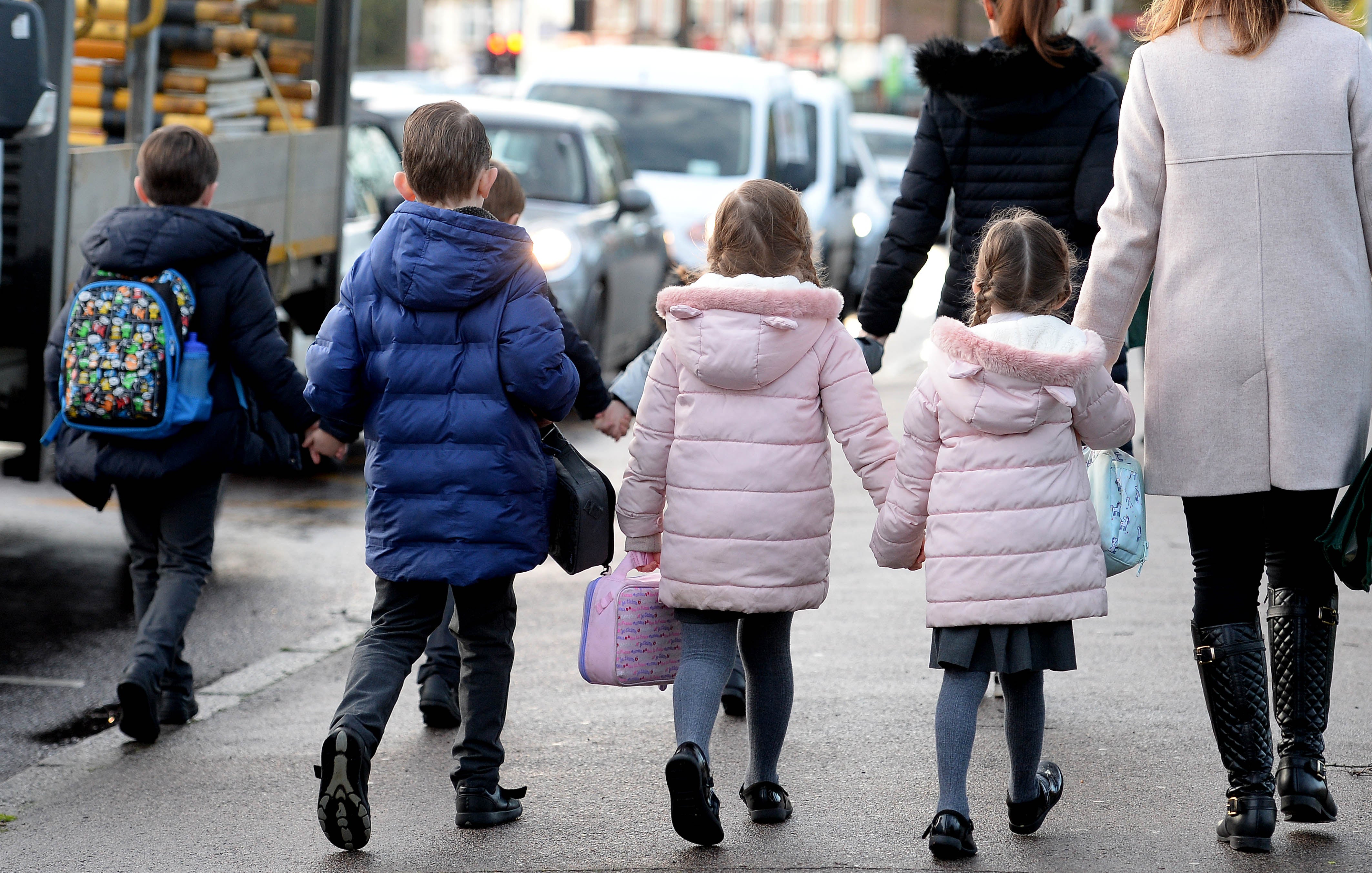Next UK leader must be prime minister of families, Children’s Commissioner urges
Family set-up has become ‘far more diverse’ than policymakers have realised, with fewer ‘traditional’ nuclear family units, Dame Rachel de Souza said.

The next leader of the UK must be “the prime minister of families”, the Children’s Commissioner for England has said.
Growing up in a stable, loving family “is probably even more important than education” in transforming children’s lives and outcomes, Dame Rachel de Souza said.
Family set-up has become “far more diverse” than policymakers have realised, she said, warning that they need to keep up to date with this changing picture so families can be effectively supported.
And she said society must not be “afraid” or “squeamish” to talk about family, while investing in families “is the single greatest investment you can make”.
Dame Rachel told attendees at a Policy Exchange event on Thursday that she wants to see responsibility for families “sitting at the highest level” of Government.
She said she wants every Cabinet minister and policy to be thinking about families, adding: “I want the new prime minister to be prime minister of families, because that’s the most important thing… it’s everything. That’s what parents, that’s what adults told me, and children.”
Dame Rachel said she had cancelled time off work for her team when they heard about the Conservative leadership campaign, feeling they “needed to be giving the new prime minister a real lowdown” on family life in Britain today.
She said the rising cost of living and childcare costs are creating “challenging environments” for some parents, particularly lone parents and those heading up larger families.
And she said affordable childcare is “clearly something that’s on everybody’s mind”, calling it a “national concern”.
She was speaking to launch the first phase of her Government-commissioned Family Review, which says the Government should be “unashamed” about wanting to support and strengthen families.
It also reveals how family structure has changed over the past 20 years, with fewer married couples, more cohabiting couples and fewer “traditional” nuclear family units.
Some 44% of children born at the start of the century did not grow up in a “nuclear” family for their full childhood, compared with 21% of children born in 1970, it found.
But the proportion of single-parent families has not changed much – with 23% of families headed by a lone parent, and around 90% of lone parents women.
Some 63% of families are married couples with children, while 14% are cohabiting couples.
It's a very, very diverse picture, it's dynamic, and we need to find new ways to stay up to date with how family is changing, so we can support it effectively
Dame Rachel added: “It’s a very, very diverse picture, it’s dynamic, and we need to find new ways to stay up to date with how family is changing, so we can support it effectively.”
According to the review, family has a “protective effect” that insulates families from challenging times.
It cites data that getting on well with either of your parents at the age of 13 is associated with 2% higher wages at 25.
It also suggests that spending time with family is associated with better wellbeing, with data suggesting that in families who eat dinner together at least six days a week, 75% of parents are happy with their life – compared with 70% overall.
The review also warned of “significant variation” in access to services for parents around the country.
The second part of the review will be published in the coming months and is expected to look at how services can be designed to support families’ needs.
More data will also be obtained through a new survey for children to complete in schools.
The review reports that the amount of time fathers spent on unpaid childcare doubled from 47 minutes a day in 2014/15 to 90 minutes a day during lockdown, before dropping back to 56 minutes this year.
Around 25% of parents also reported that their relationship with their children had become better during lockdown, according to Dame Rachel’s study.
Bookmark popover
Removed from bookmarks